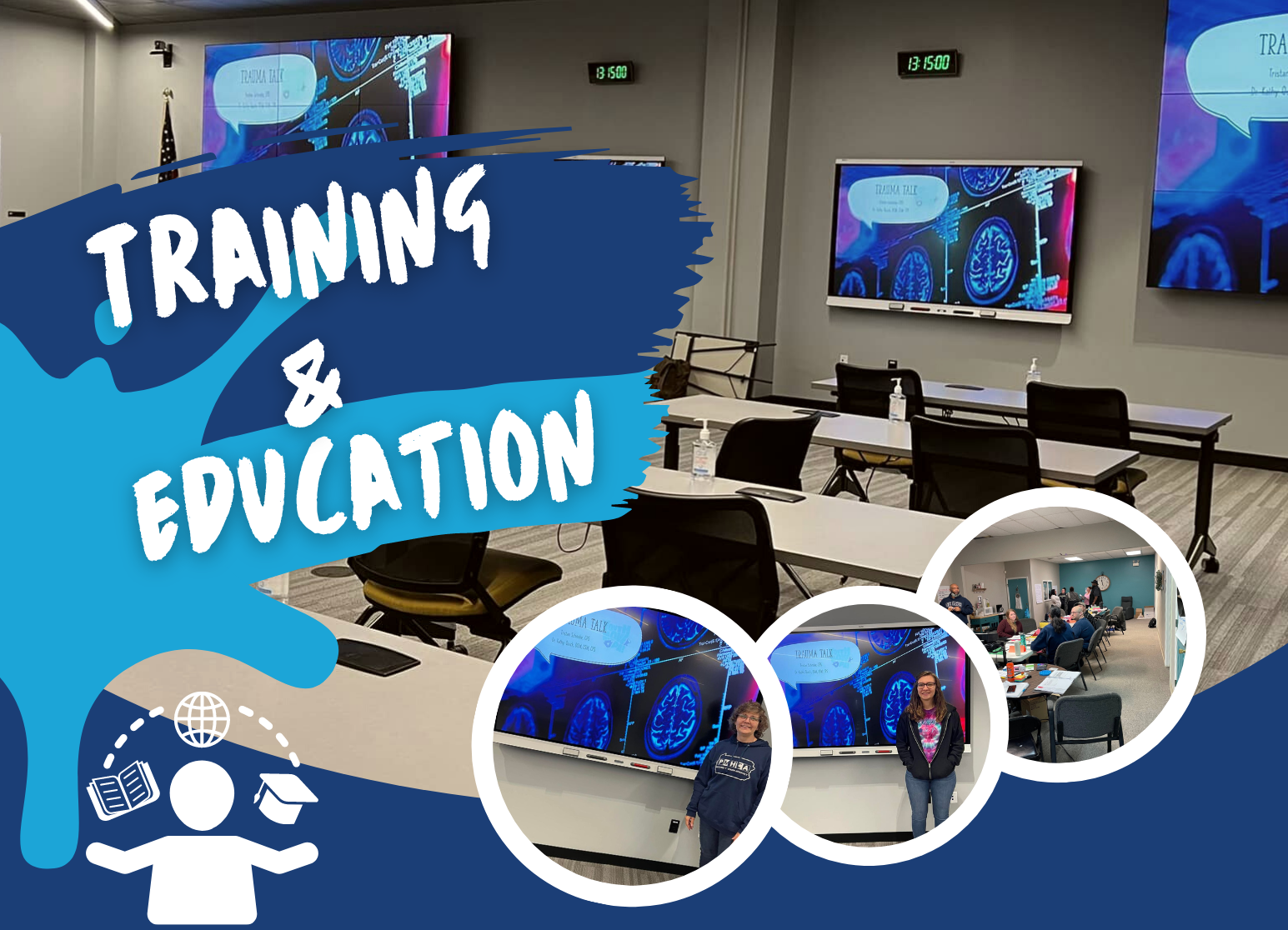Healing a Wounded Soul |

Healing a Wounded Soul: An Exploration of Trauma Did you ever wonder how trauma can affect your overall well-being? Are you seeking more coping mechanisms to deal with trauma? Join our interactive class to gain knowledge on how trauma impacts the brain and its functions. Furthermore, we will delve into the ACES research on health outcomes and the proactive measures you can take to combat them. Participants will have the opportunity to learn various coping skills, including mindfulness, breathing exercises, and grounding techniques, through interactive activities. We will also discuss self-care strategies and how they can help alleviate the stress of trauma. Certificate is provided. Learning Objectives:
Time: 3 hours Number of People: 25
|


